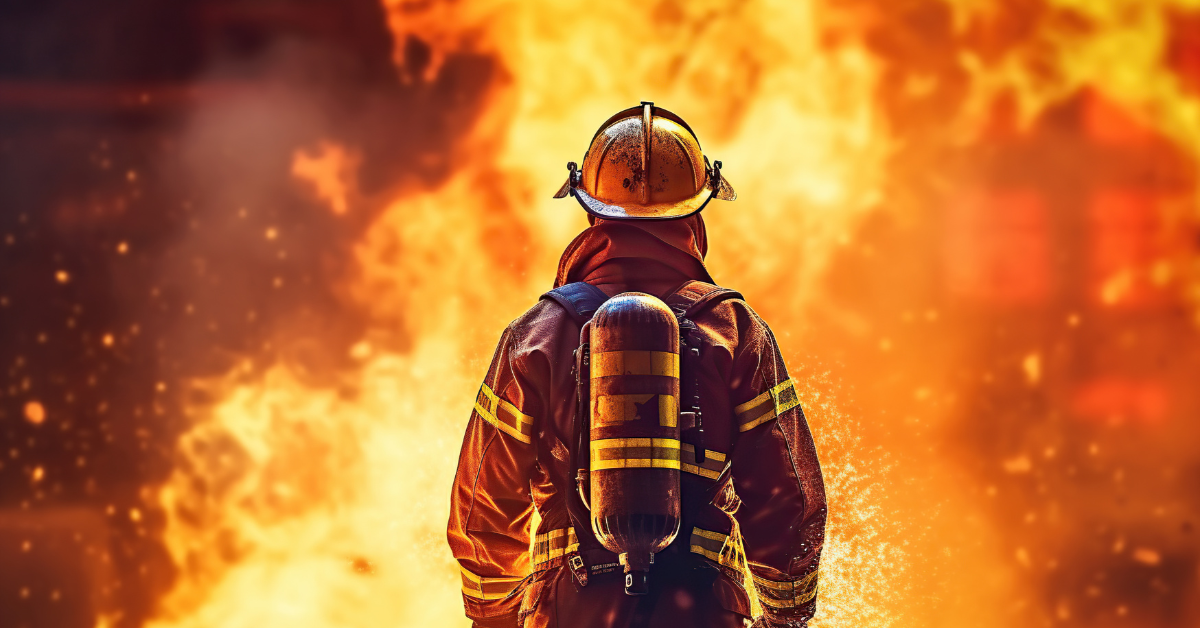Being A Celeb Sober Companion Isn't Glamorous! Staying Awake 24 Hours At A Time, Keeping Clients Sober On Set

April 25 2013, Published 4:07 p.m. ET
Celebrity sober companions make massive amounts of money, but babysitting troubled stars is more challenging than it is glamorous!
A real life certified chemical dependency specialist, who works for Recovery Companion Services, opened up to The Hollywood Reporter and revealed the highs and lows of being a glorified watchdog for Hollywood’s most notorious drug addicts and alcoholics – and RadarOnline.com has the details.
“While recovery companions often are misconstrued as glorified baby sitters, it's much more complex,” the sober companion, who remained anonymous, explained about their role.
“We are an unusual combination of personal assistant and counselor in a connection that resembles a friendship. While we help guide clients -- to use or not to use -- we also provide emotional support, helping with waking up on time, hitting the gym, taking medication and finding supportive friends.”
Though they receive a hefty paycheck, their daily duties extend well past 9 to 5 hours, and often require 24/7 support, up to three months at a time.
“We sleep in the same room, wait outside the bathroom and go to all their appointments with them,” the source continued about their daily duties.
Sometimes the sober companions are called in for something called “harm reduction,” which means their job is to keep a client sober on set until they can check into rehab or go throughout the duration of a tour. They also mention incidents where they have been called in for a “transport gig” at 10 p.m. on a Friday following a celebrity’s suicide attempt, which requires them to pack a bag and bring the star to a treatment center.
However, it isn’t always easy for the companions to keep their relationship strictly professional, especially when they are spending extensive time with high-risk clients.
“Some high-risk actors need this from the start to finish of filming. The challenges can be separating your emotions while still having empathy and entering situations where clients are intoxicated," the source revealed.
"If we consider a client a flight risk, we will stay awake for 24 hours at a time until we feel it's safe to sleep when the client is sleeping. We get very close very quickly, and it takes vigilance to maintain a sense of self.”

Though the job definitely has its challenges, the companion mentions several “fun perks,” like eating sushi at Nobu and getting backstage passes to concerts.


